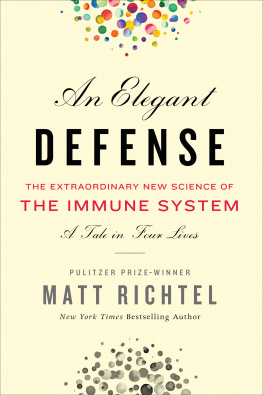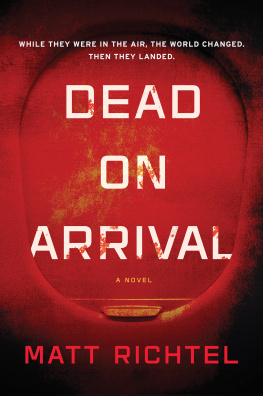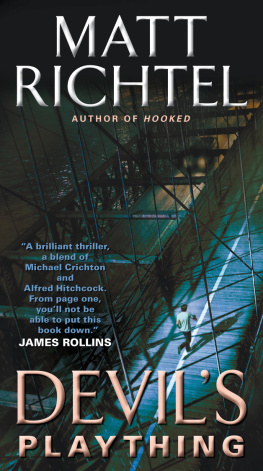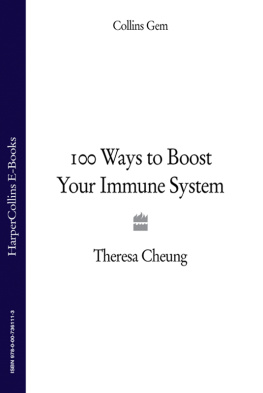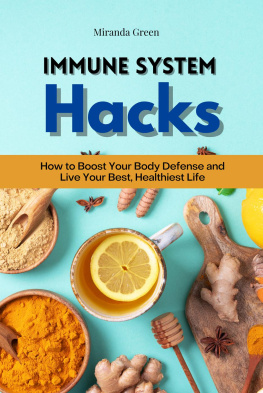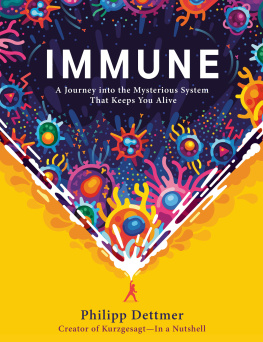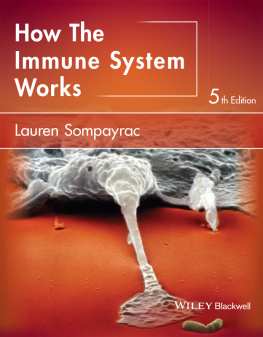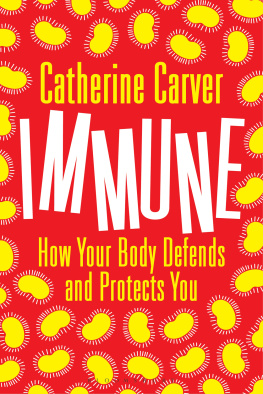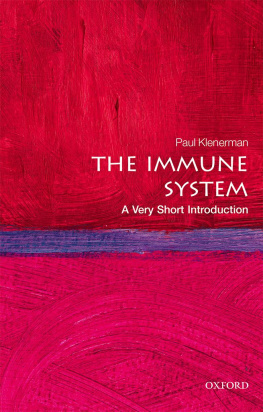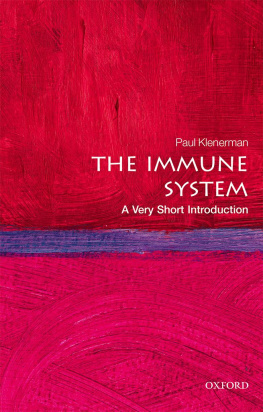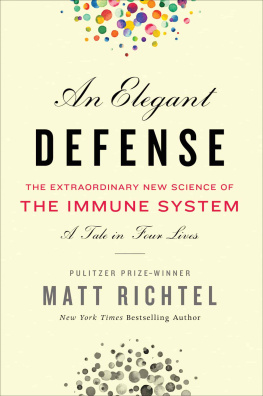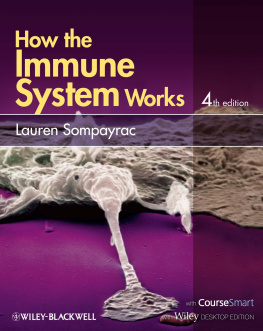A gray sky overhead, Jason Greenstein sat silently in the passenger seat of a Ford Windstar. It was Friday, March 13, 2015. Jason was heading to a miracle and traveling in the style to which he had become accustomedfilth.
His silver minivan, fast approaching Denver from its suburbs, looked like scrap metal on wheels. The heater coughed and spat and seemed to work only when it was hot outside. The back door didnt open. Various warning lights dotted the dashboard, alerting Jason to system failures he ignored. His maps and atlases overflowed compartments and littered the floor.
Then there was the smell. It permeated the cabin from the five-gallon gasoline jerry can he kept in back for emergencies, and from the accumulated greasy residue from endless fast-food stops. Jason could never resist 7-Eleven rotisserie hot dogs, despite referring to them as witches fingers and disgusting.
When Jason went on cross-country sales trips, which was often, he would sometimes sleep in the back of the van. Hed curl up on a stained orange Oriental rug, his head next to the gas can. Or hed slumber on top of the boxes of shiny, bejeweled trinkets that he sold to far-flung casinos for use as promotional items.
Jason was forty-seven, with an undergraduate diploma from an elite college, graduate degrees in business and law, and no reliance on or particular reverence for those trappings. He lived from one entrepreneurial idea to another, one adventure to the next. Never was he happier than when he was driving, a dip of Skoal Fine Cut packed in his lip, rocking out to Springsteen or to a local station on the dial with some new town on the horizon. Jason was determined to discover, explore, and live his way. He was a genuine American dreamer and the van his covered wagon.
Ma, if anything ever happens to me, I want the van taken care of. Are you listening, Ma? he told his mother. Jason and his mother, Catherine, alternately cherished each other and fought with vicious visceral passive-aggressive dialogue that would make Arthur Miller melt.
Now Jason sat in the passenger seat, his girlfriend, Beth, driving. He was heading to pull off as unconventional a trick as even he could ever have conceived. He was determined to become a medical marvel, a poster boy, as he termed it, for a miraculous new cancer treatment. Jason was going to defy death, while standing on its precipice, one foot already over the edge.
Jason suffered from late, late-stage cancer. By any reasonable definition, it was terminal.
Fifteen pounds of Hodgkins lymphoma was lodged in his lungs and back on the left side of his body, and it was doubling in size every few weeks. Four years of chemotherapy and radiation had ultimately failed, managing to beat back for only brief periods what is typically one of the most curable of cancers. Doctors had tried nearly everything, some drugs twice or in combinations, with brutal side effects. The malignancy always returned. Now the tumor so protruded from his back that Beth affectionately referred to Jason as Quasimodo. The mass impinged on his ulnar nerve, which left him in agonizing pain and unable to move his left hand; it was bloated and looked like a fleshy blob.
The assault on his left hand was particularly cruel. When Jason was a kidwhen we were kids togetherJason was a phenomenal athlete, cunning, tenacious, a slippery-quick southpaw. He wasnt tall, but he sure could jump, an antelope with frog legs, all-state in Colorado in basketball and baseball. He had the looks to match, dark hair and dark eyes, a generous smile, his half-Italian, half-Jewish ancestry yielding an all-American mutt the girls couldnt resist. But to me, his defining characteristic was his laugh. It exploded at a high pitch bordering on soprano, often at one of his own jokes. It was sheer delight.
As Beth drove the route to Denver from Boulder, sun skirted the clouds, as if March still couldnt decide whether it was winter or spring. Jason slumped with discomfort. He wore gray sweat pants, canvas loafers, a flannel shirtall loose-fitting because thats all he could manage to slip over the painful lumps in his body. Even his feet swelled. Jason had taken everything cancer could throw at him. His oncologist had given Jason the nickname Steel Bull because he tenaciously endured every treatment they imposed on him, often managing a joke or smile along the way.
Then, the prior Monday, at an appointment with his oncologist, Jason had received his death sentence. The doctor had examined the progression of Jasons tumor and explained tearfully that there was nothing left to do. Theyd tried every treatment, all the toxic combinations. The cancer just kept roaring back. It was time to let go.
After the visit, the doctor wrote in a patient note that the most reasonable approach, as emotionally taxing as it is, is to consider Mr. Greenstein for hospice care. He arranged a meeting with Jasons family to prepare him for palliative relief.
Further treatment, the doctor wrote, is proving more toxic than beneficial and would be unwarranted unless he has a dramatic response.
Beth steered the minivan through the middle-class neighborhood around Presbyterian St. Lukes Medical Center. Jason usually loved to talk. He was a rapid-fire chatterbox. Now she could hardly get a word out of him.
After they parked, Beth held Jason by the arm as they took the elevator to the third floor. Jason had spent hours of his life in this oncology ward, sitting in a bulky tan recliner in one of the boxy rooms, enduring the noxious chemotherapy regimens. Not on this day.
Jason slowly edged himself into a chair. A nurse attached the intravenous line to the central port in his chest. First she dripped saline through to make sure the line was clean, then Benadryl to make Jason sleepy. Then the nurse swapped out those bags for another, also with clear liquid. This was something new.
Cancer is one of the worlds leading killers. This is not a cancer story. Nor is it a story of heart disease or respiratory disease, accidents, stroke, Alzheimers, diabetes, flu and pneumonia, kidney disease, stroke, HIV, or diabetes. These are the things that ail and kill us. This is not the story of any particular disease or injury. It is the story of all of them and the extraordinary link that binds them, the glue that defines the whole of human health and wellness. This is the story of the immune system.
It is an account of the remarkable discovery of the immune system, particularly over the last seventy years, and of the role this system plays in every facet of our health. When a scratch or cut pierces the shield of our skin, itself a first line of defense, the immune system scrambles into action. Immune cells pour in to cleanse wounds, rebuild tissue, or repair internal damage from a bump or bruise, to tend to burns and bites. The complex defense network of cells attacks each cold virustwo to three a yearsurveys the countless malignancies that threaten to become cancer, holds in check viruses like herpes that colonize huge swaths of the population, and confronts hundreds of millions of cases each year of food poisoning. Only recently have we begun to understand the pervasive role of our immune system in the brain, where damaged or outdated synapses get pruned by the organs own immune cells, allowing ongoing neurological health.
This vigilance is constant and largely invisible to us, with the immune system a literal bodyguard that defines health in the broadest possible terms. For instance, the very mechanisms that defend our individual health appear to play a role in such essential functions as how we pick mateshelping us to avoid incestuous pairings that might damage our collective security and survival.

